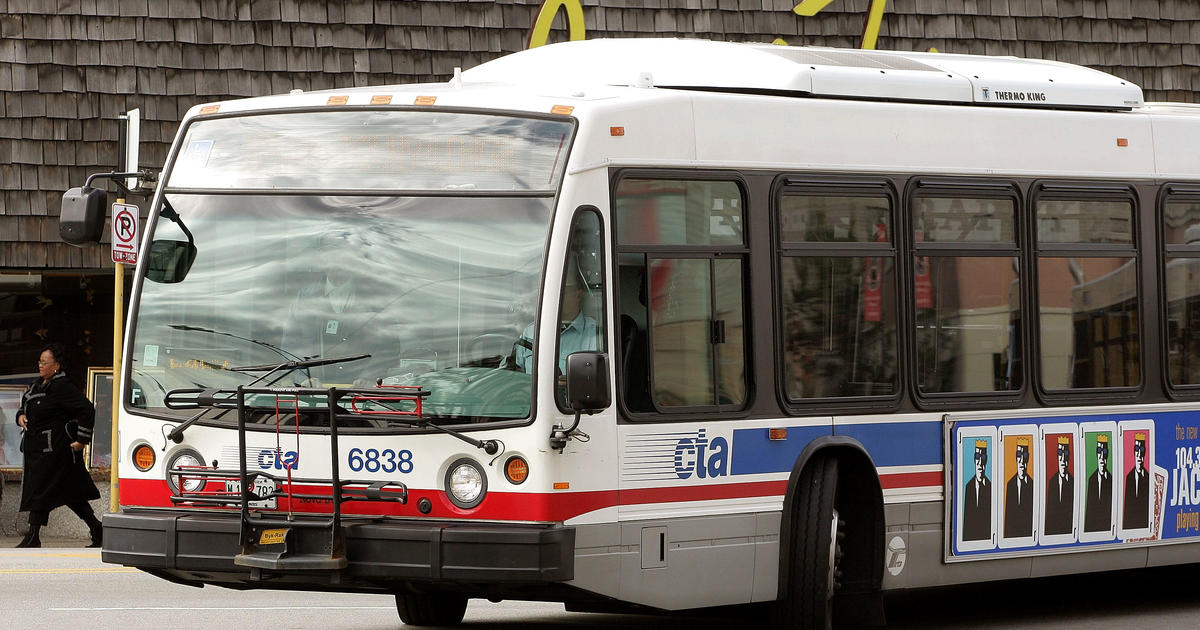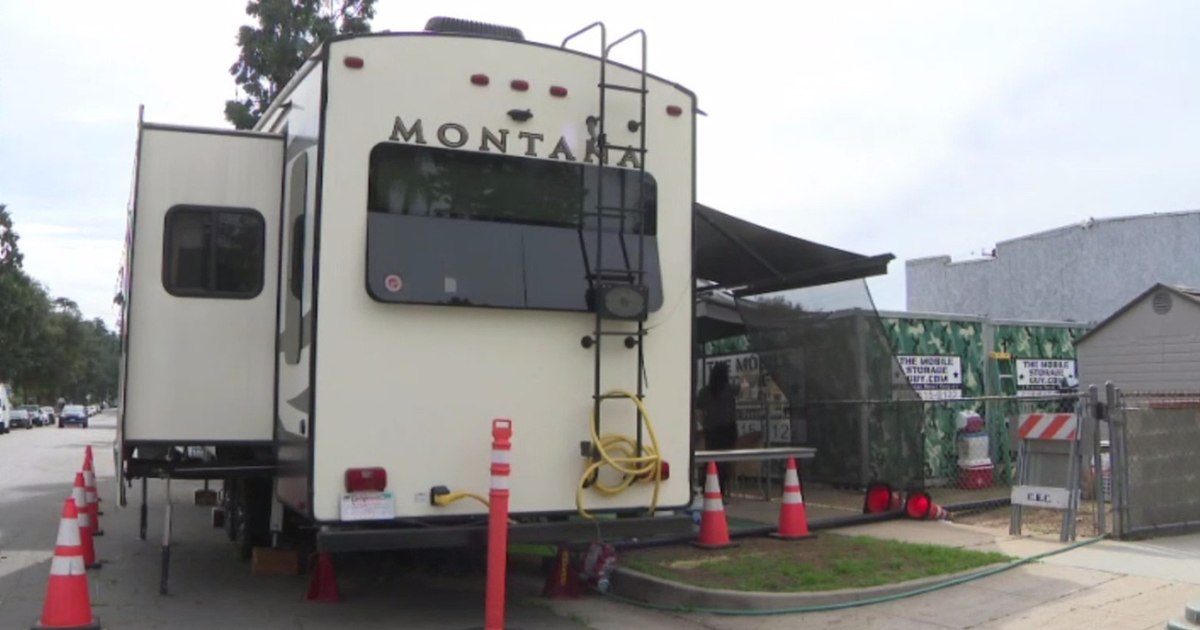2 Investigators: Sweepstakes Winner Woes
CHICAGO (CBS) -- Suppose you won $1 million in a lottery or sweepstakes. You'd be set for life, right? Not necessarily.
CBS 2's Pam Zekman investigates what happened to one winner.
"I thought her ship had finally come in," said Gail Wilson about her 75-year old cousin Joyce Santago. In 1996, Santago won a $1 million sweepstakes sponsored by the Chicago Sun-Times.
"She couldn't believe it, she was stunned," Wilson said.
Wilson did the talking for Santago who has been suffering from Alzhemier's for several years now. The sweepstakes money helps pay for her 24-hour, live-in care taker, but the money has stopped coming in.
Now she is represented by the Cook County Public Guardian's office.
"They were supposed to pay her $40,000 a year for 25 years," said Charles Golbert, Deputy Public Guardian, "adding up to a million dollars. But about half way through the Sun-Times bankruptcy happened and the checks stopped coming last year."
Santago is still owed another $440,000 of her winnings.
If you win a lottery jackpot your winnings are backed up by treasury bonds, but there are no laws in Illinois requiring insurance or bonding for private sweepstakes.
Because of the Sun-Times bankruptcy, Santago's public guardian says there's little chance of her collecting the rest of her winnings.
"She's in line with about 5,000 other unsecured creditors," Golbert said.
Santago's understanding of what happened is very limited -- and her caretakers asked us not to interview her about the loss because they're very concerned it would be too stressful.
"If she knew the money was gone and it wasn't coming in she would be very upset," Wilson said.
"We're withdrawing from her savings every month to make ends meet," Golbert said. "That will work for maybe a year and half and then were going to have to look seriously at other options."
He says there needs to be a law to protect people who enter sweepstakes and Wilson agrees.
"I think there definitely has to be some type of law," Wilson said, "because people have all types of hopes and dreams when they enter these contests and you have to feel that you are being protected."
Jim McDonough, a spokesman for the Sun-Times, called Santago's situation a "horribly sad story," and "very unfortunate."
But he said after the paper came out of bankruptcy with new owners, it was not responsible for previous obligations and debts.
He stressed that many people, including newspaper employees, lost money because of the bankruptcy.







